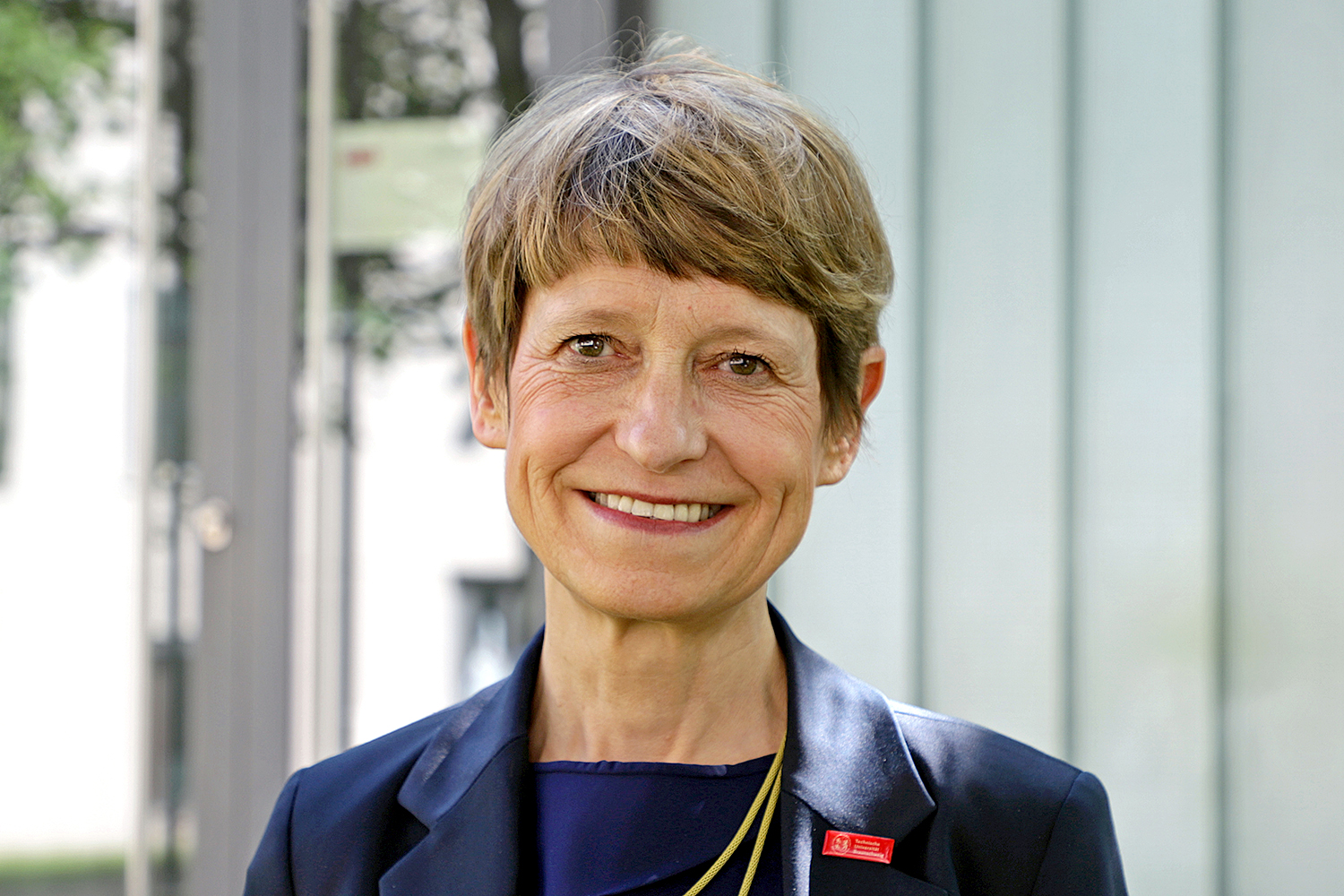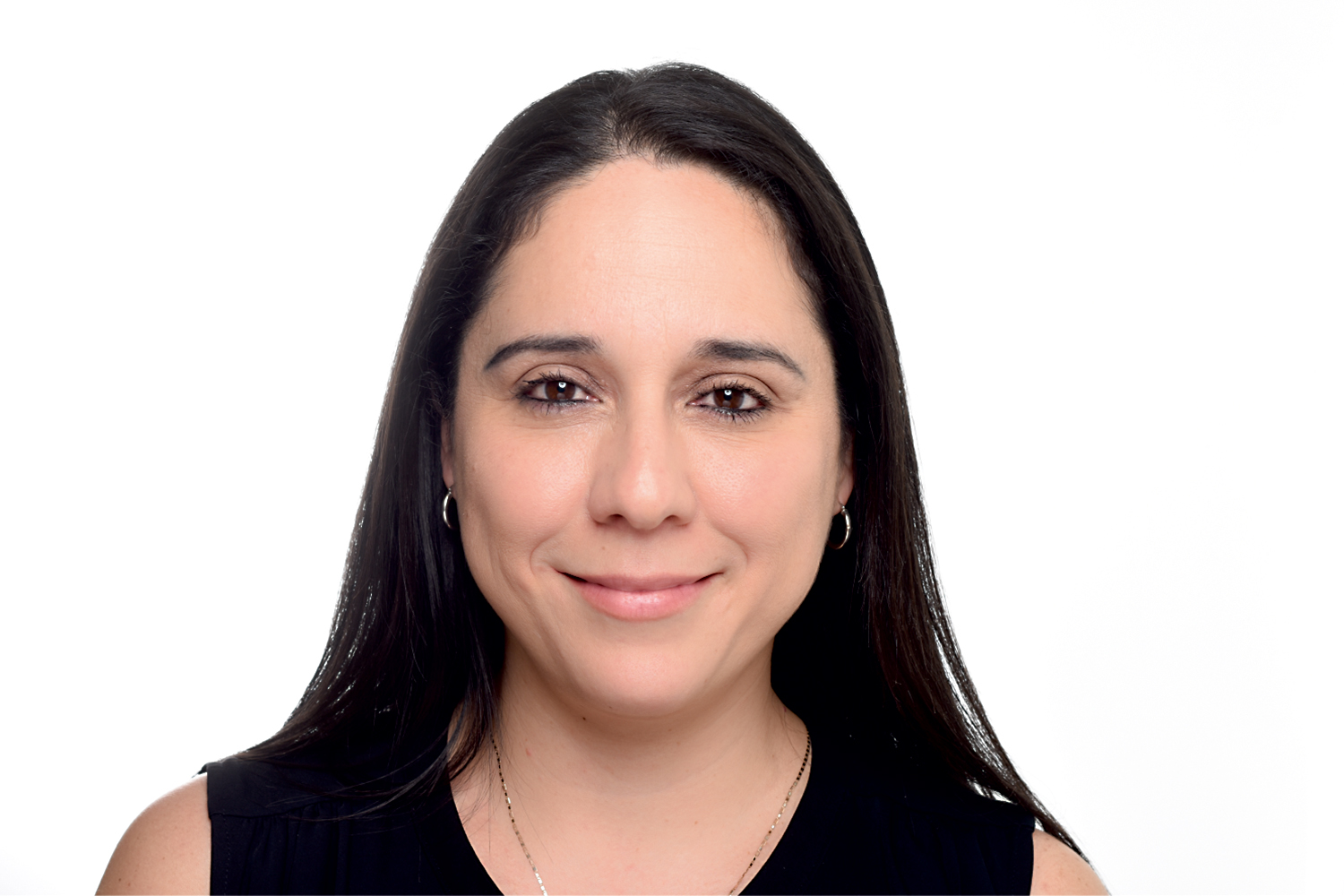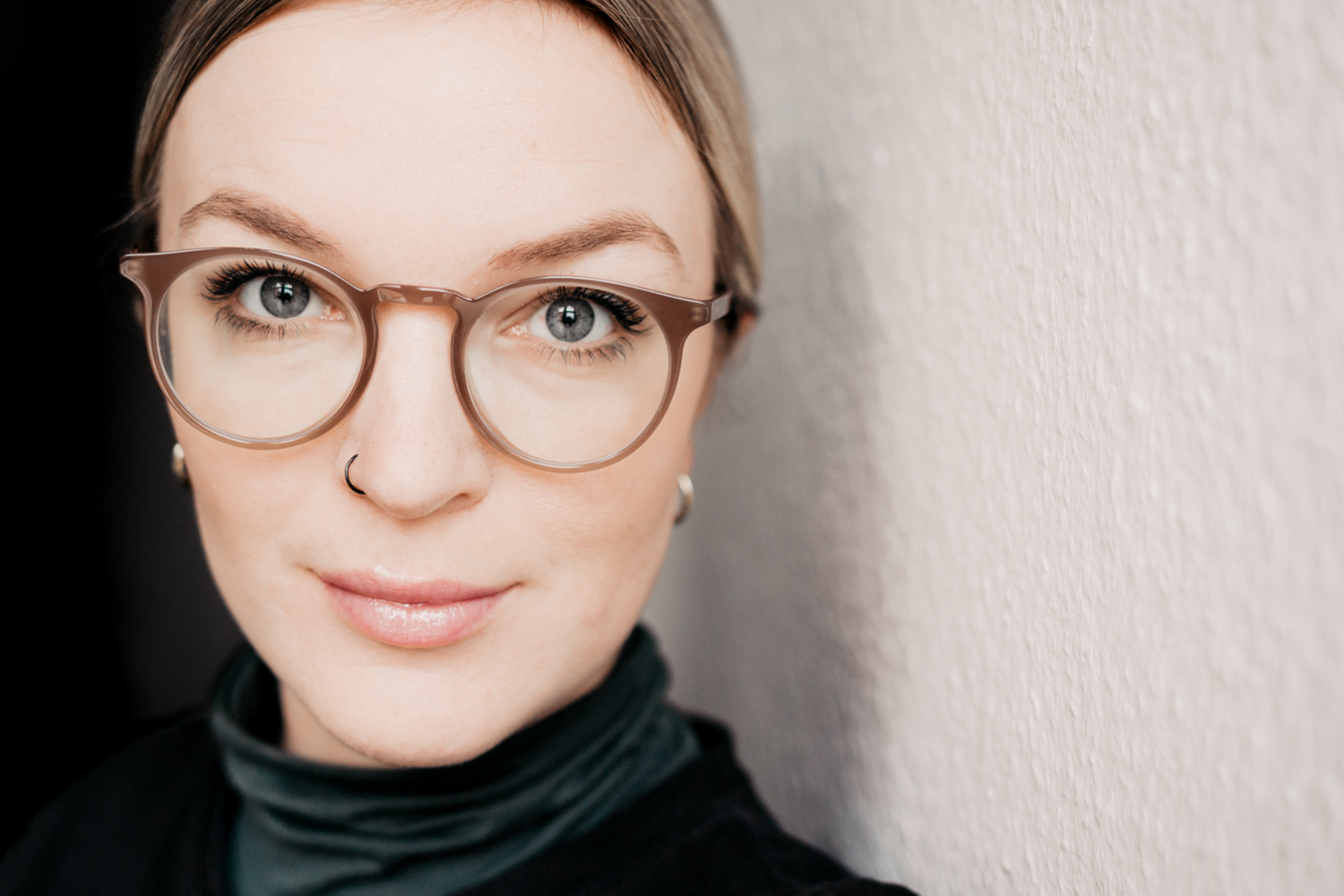Three Women, Three Questions Perspectives on International Women's Day
#BreakTheBias – this is the motto of the 2022 International Women’s Day, which is celebrated annually on 8 March. It is a call to action for a gender equal world, free of bias, stereotypes and discrimination; that is diverse, equitable and inclusive; and where differences are valued and celebrated. On the occasion of Women’s Day, we asked the President of TU Braunschweig, Professor Angela Ittel, Dr Liseth Pérez, research associate at the Institute of Geosystems and Bioindication (IGeo) and Luisa Perdomo Lopez, student of the Master’s programme Organisation, Governance, Education, where they currently see the greatest need for action.

#BreakTheBias is the motto of International Women’s Day. Picture credits: Kristina Rottig/TU Braunschweig
Which woman has inspired you the most?
Prof. Angela Ittel: The French writer, philosopher and feminist Simone de Beauvoir has inspired me the most. The first book I read or rather devoured by her as a teenager was “Le Deuxième Sexe”. I was very fascinated by the portrayal of the role of women in society throughout history. And I was almost even more captivated, however, by her life in Paris and especially by her remarkably clear attitude towards the (intellectual) independence of a woman. Her books have accompanied me very intensely for many years and have shaped my thinking.
Dr Liseth Pérez: In fact, there are two women in particular. One is Margaret Dix, an English researcher with a passion for tropical aquatic ecosystems. She was my mentor during my biology studies in Guatemala. When I was just 20 years old, her story made a huge impression on me and left a lasting mark: She too – like me then in 2005 – left her country and her family for research.
The other woman who inspired me is my mother, Carolina Alvarado de Pérez. She set an example for me that ambitious work and childcare can be reconciled. A wonderful mother who encouraged me throughout my life to never give up on my dreams and professional goals.
Girls and young women need role models like this. They encourage us to realise our dreams and show us that it is possible to combine work and family life – not only in our home country, but all over the world.
Luisa Perdomo Lopez: For me, there is not one woman I see as a role model. What inspires me most are women who support each other or join forces and pursue common goals. Since my first contact with gender studies and feminism, it has also been social media accounts and magazines, such as “Missy Magazine”. March 8 is also always particularly inspiring for me, because on this day, what I read in books and social media is taken to the streets by women, lesbians, inter-, non-binary, trans and agender people, and allies, and thus gets heard.
Where do you see the greatest need for action to eliminate discrimination and inequality against women?
Prof. Angela Ittel: We have to continuously work on breaking down hegemonic power structures. This does not only concern women, but all members of our society. Therefore, hegemonic masculinity must consistently be made visible. Likewise, raising awareness of unconscious cognitive bias that leads to disadvantage must become an obvious standard so that we can attain and live a new understanding of equality.
Dr Liseth Pérez: We need women (and girls) in all positions and groups where big and small decisions are made, so as to make our wishes and needs heard in all social, technological, cultural, economic, political and also scientific issues.
Luisa Perdomo Lopez: The greatest need for action, as I see it, is the need to create awareness in society as a whole and politically about how patriarchy still works today and what consequences it brings with it, for example in the form of gender-specific and sexualised violence against women and girls that continues to this day. Feminist concerns must no longer be seen as marginal issues and must be taken seriously in relation to gender justice, security and peace at all levels. Some politicians already see themselves as feminists – that is a first step.
In your opinion, what legal framework should be created to strengthen women’s rights?
Prof. Angela Ittel: I see a need for optimization in at least three areas:
We need better prevention and combating of conflict-related and especially sexualized violence – particularly in families. This became especially clear in the pandemic situation of the last few years.
An open approach and the consistent closing of the gender pay gap in all areas is necessary to give women the same appreciation for their work.
Improved macro- and micro-economic support will empower women to equally realize their economic opportunities.
Dr Liseth Pérez: In the past decades, great strides have been made in strengthening women’s rights in many countries around the world. However, as long as women are in the minority or not represented at all in decision-making bodies, it is very difficult to put ambitious laws into practice. In my view, the participation of women and girls in decisions that affect them is progressing far too slowly. That is why I am in favour of the gradual introduction of quotas for women in all positions and bodies that make important decisions. I feel that too much energy is being spent at the moment on something that could be solved more efficiently, reasonably and quickly through legal quotas for women.
Luisa Perdomo Lopez: It should not only be about promoting already privileged women in high positions. All political forces should actively work to ensure that all women, especially those with children, have secure living conditions. This goes hand in hand with a general upgrading of care and housework, because this would then have to be taken over by men to the same extent and as a matter of course. Furthermore, separation or divorce must not be a question of economic situation and must above all be safe and not life-threatening for women.



